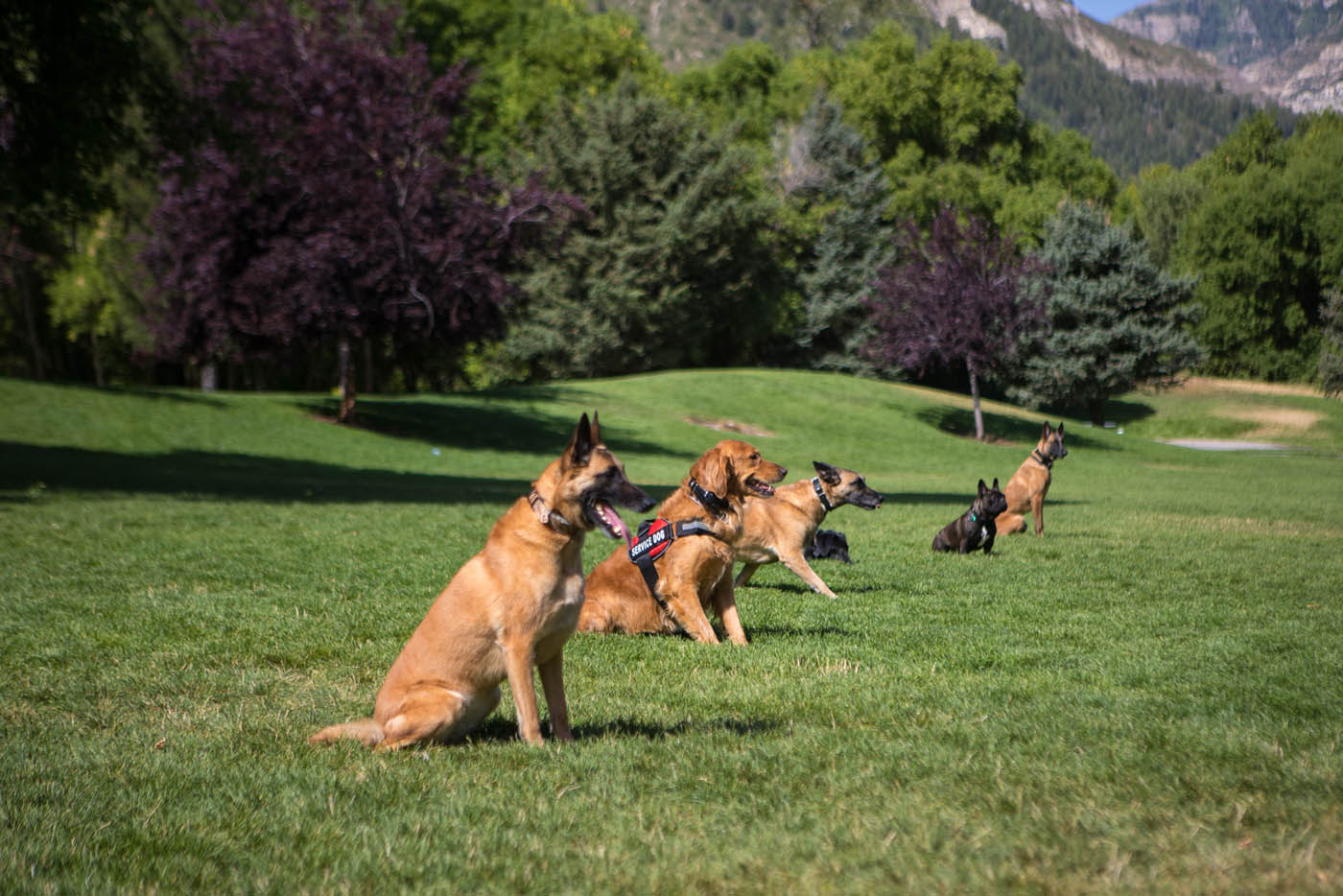Dog obedience training is not just a luxury—it’s a necessity for pet owners in San Antonio who want a well-behaved and safe canine companion. With the city’s growing dog-friendly parks, patios, and public spaces, having a dog that listens and responds to commands is essential for harmonious coexistence. Obedience training helps curb common behavioral issues such as excessive barking, jumping, leash pulling, and aggression. More importantly, it strengthens the bond between dog and owner through mutual trust and respect. In San Antonio, where pet ownership is widespread and animal welfare is highly valued, obedience training has become a vital part of responsible pet care.
Popular Dog Obedience Programs and Schools in San Antonio
San Antonio offers a wide array of professional Dog Obedience San Antonio and trainers, each catering to different breeds, temperaments, and training goals. Reputable institutions like Alamo Dog Obedience Club, Pavlov Dog Training, and Sit Means Sit provide structured group classes, private sessions, and even board-and-train programs. Whether you’re working with a playful puppy or a stubborn adult dog, these programs offer comprehensive curriculums covering basic commands like sit, stay, come, and heel, as well as advanced training like off-leash control and behavior modification. Many of these schools are staffed by certified trainers who use positive reinforcement methods, ensuring a safe, effective, and enjoyable learning experience for dogs and their owners alike.
Benefits of Professional Dog Obedience Training
The benefits of enrolling your dog in a professional obedience program go beyond good manners. Trained dogs are less likely to be surrendered to shelters due to behavioral issues, making training a proactive step toward reducing pet homelessness in San Antonio. Furthermore, obedience-trained dogs tend to have better mental stimulation, which reduces anxiety and destructive behavior when left alone. They are also safer in public spaces, as they respond predictably to commands even when distracted. From an owner’s perspective, training instills confidence in handling their dog, enabling stress-free walks, enjoyable park visits, and seamless interactions with other pets and people. In a bustling city like San Antonio, where dogs often participate in community events and social outings, these benefits are particularly valuable.
Choosing the Right Obedience Trainer for Your Dog
Selecting the right obedience trainer in San Antonio requires careful consideration. Start by evaluating the trainer’s credentials, experience, and training philosophy. Look for certified trainers affiliated with professional organizations like the Association of Professional Dog Trainers (APDT) or the International Association of Canine Professionals (IACP). Reviews and testimonials from local dog owners can offer valuable insights into the trainer’s success rate and approach. Consider your dog’s personality and specific needs—some dogs do better in group settings, while others may need one-on-one attention. It’s also important to visit the training facility to observe a class, ensuring it’s clean, organized, and conducive to learning. A good trainer will also offer follow-up support, helping you maintain your dog’s progress long after the sessions are complete.
Training Your Dog at Home: Tips for Lasting Obedience
While professional training provides a solid foundation, consistency at home is key to long-term obedience. In San Antonio’s warm and often sunny climate, take advantage of outdoor training sessions in your backyard or local parks like McAllister Park or Phil Hardberger Park. Use short, focused sessions with plenty of praise and treats to keep your dog engaged. Practice commands daily, especially during routine activities like feeding, walking, and playtime. Avoid negative reinforcement or punishment, as these can create fear and anxiety. Instead, reinforce positive behaviors and set clear boundaries. Engaging your dog mentally through obedience games and puzzle toys can also reinforce good behavior. Remember, training isn’t a one-time event—it’s a lifelong commitment that ensures your dog remains happy, healthy, and well-behaved in any situation.

